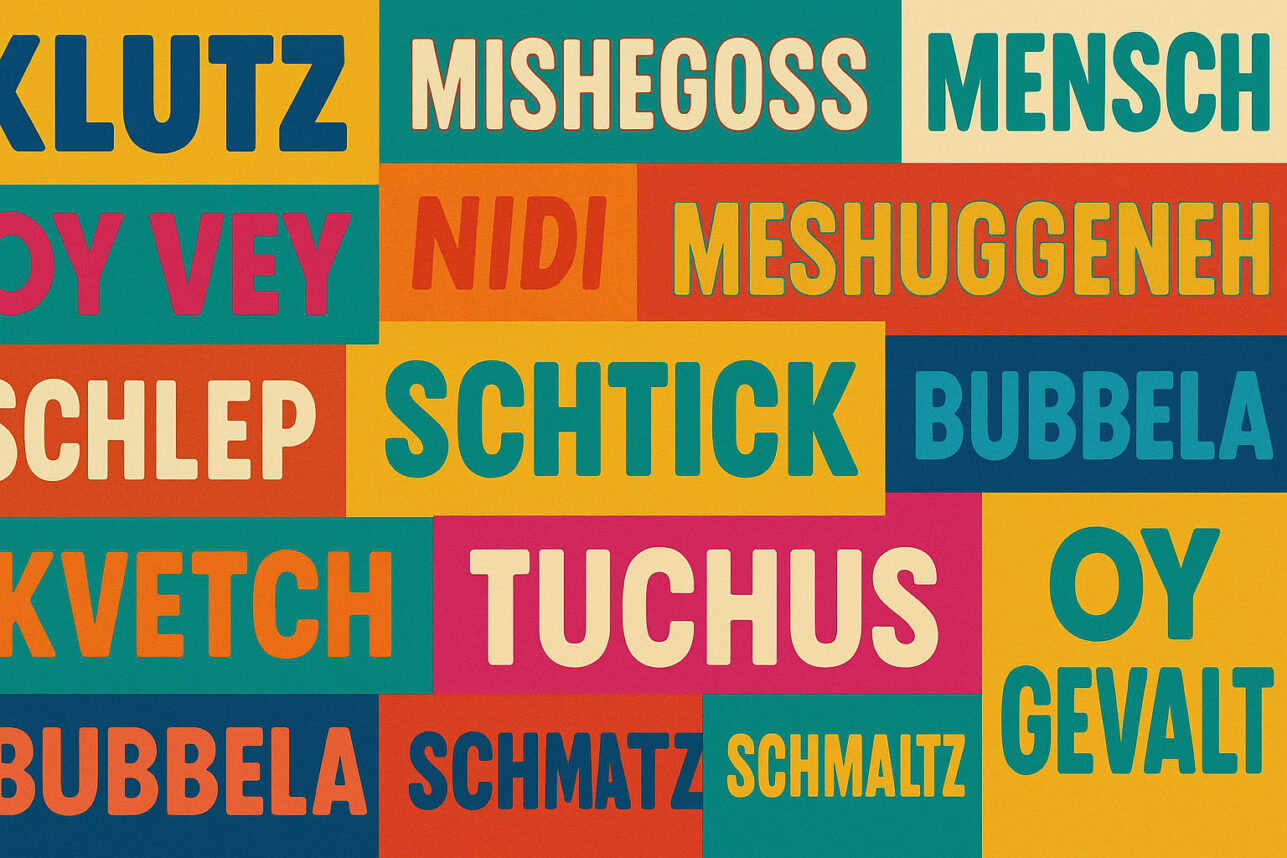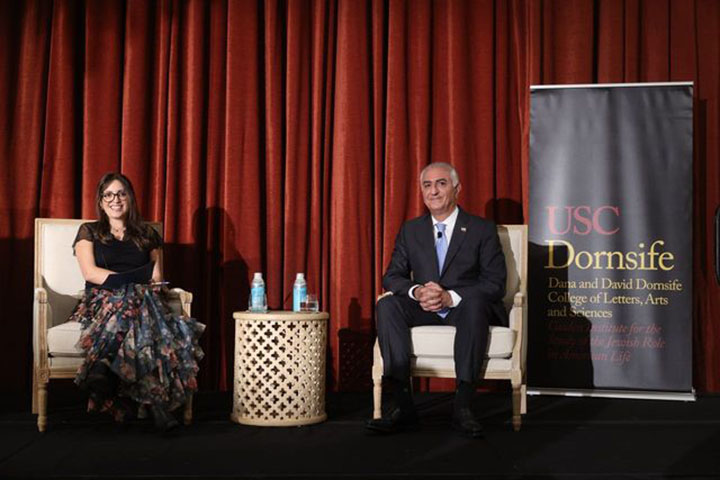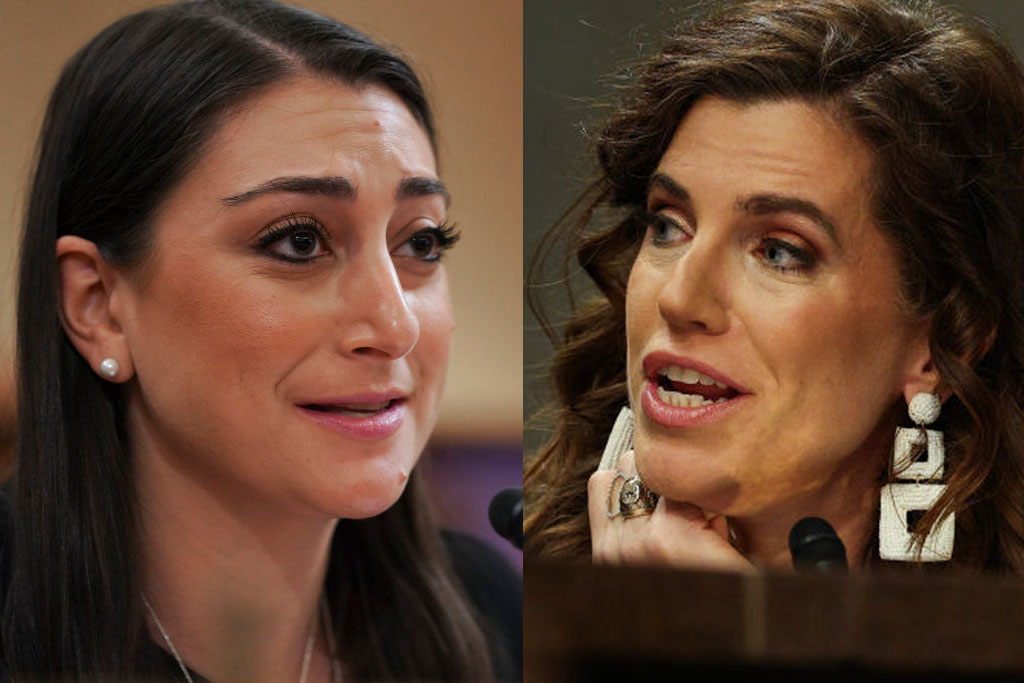As I boarded the airplane with my baby last week, the passenger seated to my side smiled and commented, “What a beautiful little girl you have.”
I simply said, “Thank you.”
About an hour later, as I removed my baby’s diaper for a quick change, the same woman gasped, “Oh my goodness, it’s a boy!”
Her expression conveyed confusion and wonder — confused by the long hair with a clip in the front and wondering why I didn’t correct her mistake earlier. I was simply tired of explaining that traditional Jews often wait until a boy’s third birthday before giving his first haircut.
When my husband first insisted we follow this custom, I expressed reservations. After all, such traditions seemed more appropriate for insular ultra-Orthodox Jews, and we are modern and worldly. I also knew that as his hair grew, he would be mistaken for a girl. I argued that it would cause a gender-identity crisis. My husband remained steadfast, instinctively wanting to partake in the tradition carried down throughout Jewish generations, which had now touched our son, Avi. Still unconvinced and unsure of its roots and applicability to my life, I decided to research its origins.
According to Rabbi Tuvia Teldon, director of Lubavitch of Long Island, the root of this custom is a verse in the Torah that compares man to a tree. In Deuteronomy, it states, “A person is like the tree of a field.” Just as a tree grows tall and with time, produces fruit, so it is hoped that a little boy will grow in knowledge, good deeds and, eventually have children of his own. Therefore, just as the Torah says that if you plant a tree, all fruits that grow during the first three years are off-limits, so, too, we leave a child’s hair alone during the first three years.
Teldon also points out that age 3 marks a turning point, and shedding the long locks of babyhood helps little boys look forward to their new “Big Boy” responsibilities. Gone are the days of bottle, diaper and nestling in Mommy’s arms. A 3-year-old boy is ready to move into the world of friends, school and formal Torah education. He will learn blessings, prayers and the Hebrew alphabet. It is also the time religious boys begin donning a kippah and tzitzit. Cutting his hair makes a strong emotional impression on the child. He knows he is entering a new stage of maturity, and this helps him live up to the new role.
The big birthday is marked by the celebratory upfsherin, Yiddish for “cutting off.” Numerous families have adopted the custom in recent years, and some mark the date by traveling to the grave of kabbalist Rabbi Shimon Bar-Yochai, located near Safed, to cut the hair near the cave where he lived and later died. Others prefer to take the child to a yeshiva, to be serenaded with blessings. I have learned that it is preferable to hold the upfsherin in a holy place and have righteous people cut the hair. Most host a party, replete with song and dance, sometimes clowns and, of course, the barber. But before the barber takes his scissors out, family, friends and rabbis take turns snipping. The first cut is at the spot where tefillin will be placed at bar mitzvah. And a wonderful way to tangle custom with mitzvah is to donate the long hair to Locks of Love, an organization that makes wigs for children with cancer.
In Israel, this custom is closely associated with Lag B’Omer. It’s an incredibly joyous scene as thousands of 3-year-old boys receive their first haircut at the grave of the rabbi. Because this custom is tied into kabbalistic thought concerning the spirituality of hair, many put off the ceremony until Lag B’Omer (which takes place May 20). Friends and family gather for picnics and bonfires near the cave on Mount Meron, near Safed, where the rabbi once lived. Following their haircuts, the children each get a plastic alef-bet card, and they place a bit of honey on each letter. Parents then encourage their little ones to lick the honey while saying each letter, so that Torah should be “sweet on their tongues.”
And so, I decided to let Avi’s hair grow. I know that after his upfsherin, it won’t just be the soft, silky baby hair I’ll miss. I realize that I need to savor it all now, because once the long hair goes, so will most of the hugs, kisses, hand-holding and cradling, too. Gone will be babyhood. It is not just Avi who is being prepared for his new role — I am, too.
Soriya Daniels is a freelance writer based out of Philadelphia. She frequently writes about Jewish affairs.































